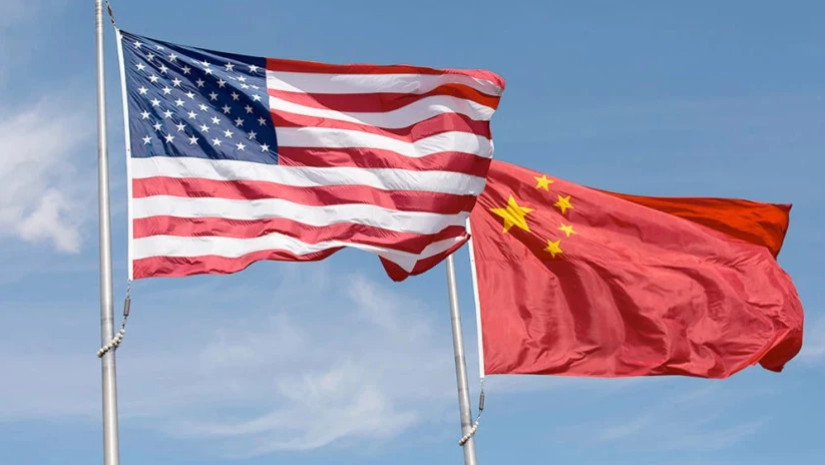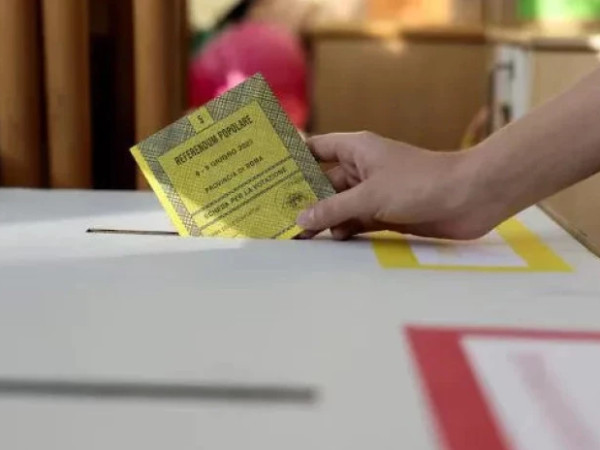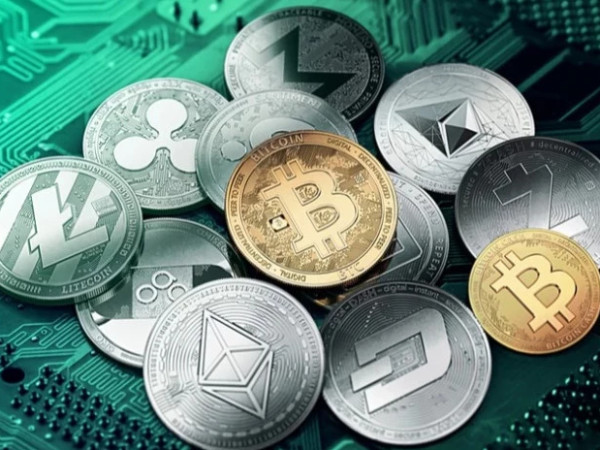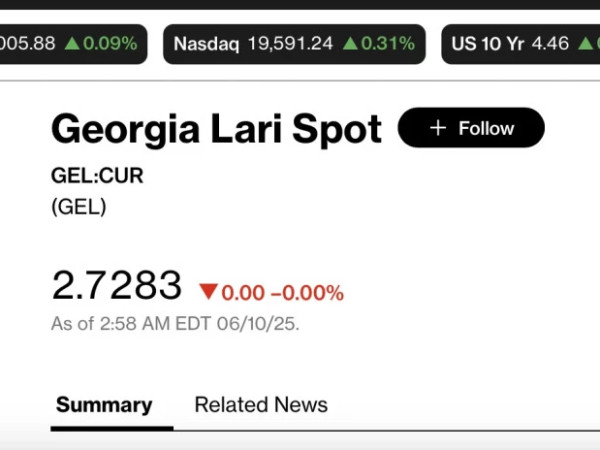A new round of talks aimed at resolving the trade war between the US and China has started in central London.
A senior US delegation including Commerce Secretary Howard Lutnick met Chinese representatives such as Vice Premier He Lifeng at Lancaster House to resolve tension between the world's two largest economies, which is threatening global growth.
Chinese exports of rare earths, which are crucial for modern technology, as well as Beijing's access to US products, including computer chips, are expected to be high on the agenda.
Last month, Washington and Beijing agreed a temporary truce over trade tariffs but each country has since accused the other of breaching the deal.
The US says China has been slow to release exports of rare earth metals and magnets which are essential for manufacturing everything from smartphones to electric vehicles.
Meanwhile, Washington has restricted China's access to US goods such as semiconductors and other related technologies linked to artificial intelligence (AI).
The new round of negotiations follows a phone call between Donald Trump and China's leader Xi Jinping last week which the US President described as a "very good talk".
The call - the first between the two leaders since the trade war erupted in February - "resulted in a very positive conclusion for both countries", Trump said.
According to Chinese state news agency Xinhua, Xi told Trump that the US should "withdraw the negative measures it has taken against China".
White House economist Kevin Hassett, who leads the National Economic Council, told CNBC on Monday that he was expecting "a short meeting" that would end in a "big strong handshake", with the two sides agreeing to ease their respective barriers in those critical areas.
"Our expectation is that after the handshake, immediately after the handshake, any export controls from the US will be eased and the rare earths will be released in volume and then we can go back to negotiating smaller matters," he said.
But he acknowledged that the US expected to preserve restrictions on some of the most advanced computer chips.


















